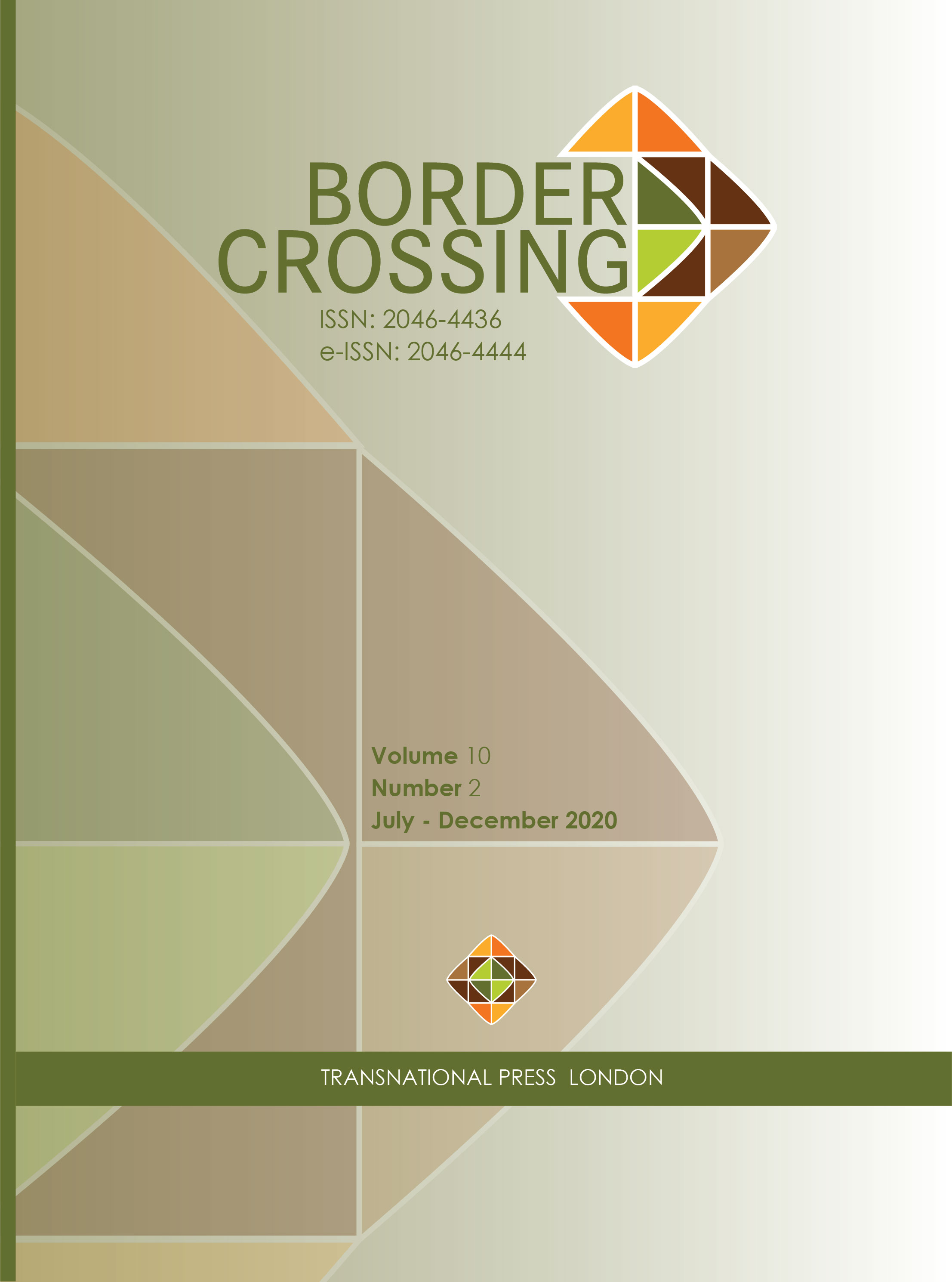The Ambivalence of Turkish Soft Power in Southeast Europe
The Ambivalence of Turkish Soft Power in Southeast Europe
Author(s): Ahmet Erdi ÖztürkSubject(s): Governance, Government/Political systems, International relations/trade, Geopolitics
Published by: Transnational Press London
Keywords: Southeast Europe;soft power;religion;foreign policy;Turkey;
Summary/Abstract: With the instrumentalisation of Islam via the state apparatuses in foreign policy, Sunni Islam has become both an instrument and a purpose of the repressive Justice and Development Party and Turkey has started to be one of the front runners of countries who are increasingly competing for using Islam as a foreign policy tool. This relatively new role of Turkey has created various diverging ideas among the host countries where Turkey is active. While some countries are rather content with Turkey’s religiously fueled policies and humanitarian aid, and define Turkey as one of the most influential actors which can use religion as a soft power tool, others refuse to define Turkey’s policies within the boundaries of religious soft power due to its extra-territorial authoritarian practices and instrumentalisation of religion for these. Under these circumstances, this study defines Turkey’s religious soft power as an ambivalent one and scrutinises the reasons behind this ambiguity via exploring some country cases from Southeast Europe.
Journal: Border Crossing
- Issue Year: 10/2020
- Issue No: 2
- Page Range: 111-128
- Page Count: 18
- Language: English

